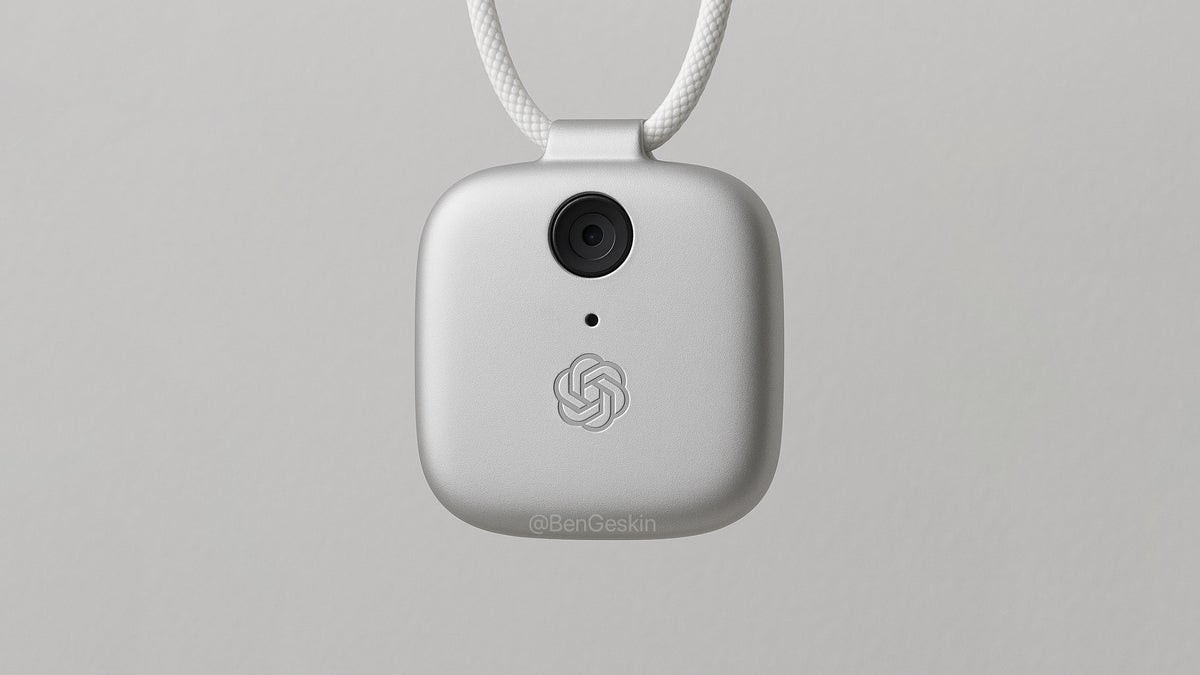This is the latest insight from renowned analyst Ming Chi Kuo regarding the AI device collaboration between OpenAI and famed iPhone designer Jony Ive.

On May 21, OpenAI announced its acquisition of hardware startup “io,” founded by Jony Ive - the legendary designer behind Apple’s most iconic products. Ive will now lead the design of a new line of AI devices for OpenAI.
According to Kuo’s research, mass production of the device is expected to begin in 2027. To reduce geopolitical risks, assembly and shipping will take place outside of China, and Vietnam is currently considered a strong candidate for manufacturing.
If confirmed, this would further reinforce Vietnam’s status as a “top destination for high-tech enterprises,” as noted by Le Quang Dam, CEO of Marvell Vietnam, during the “Vietnam Investment Forum 2025.”
Vietnam: A rising tech manufacturing hub
Executives from major players like Meta and Marvell have praised Vietnam’s dynamic investment environment, robust government support, modern infrastructure, and skilled workforce - all key factors drawing high-tech firms to the country.
Vietnam was recently chosen by Meta to manufacture its Quest 3S virtual reality headset. According to Nick Clegg, Meta’s President of Global Affairs, the operation is expected to create 1,000 jobs and contribute millions of dollars to the local economy.
Likewise, Apple CEO Tim Cook recently revealed that most Apple products sold in the U.S. - including iPads, Macs, Apple Watches, and AirPods - are now manufactured in Vietnam.
Early details on the OpenAI-Jony Ive device
Ming Chi Kuo also shared preliminary information about the AI device itself. The product is expected to be slightly larger than the Humane AI Pin, with a sleek and minimalist design reminiscent of the iPod Shuffle - though the design may evolve before production begins.
The wearable device may be worn around the neck, equipped with a camera and microphone to detect the surrounding environment. It reportedly will not feature a screen and can connect to smartphones and PCs.
Kuo speculates that OpenAI’s timing in announcing the collaboration with Jony Ive may have been strategic - intended to draw attention away from the Google I/O conference, where Google unveiled its own expansive AI ecosystem, a key competitive threat to OpenAI.
Physical AI: The next big thing
The concept of “physical AI” - or embedding AI into real-world objects - is forecast to be the next major trend in the tech industry. While the success of the OpenAI-Jony Ive collaboration remains to be seen, the project is clearly aligned with this emerging direction.
Kuo’s report also recalls a famous quote by computer scientist Alan Kay: “People who are really serious about software should make their own hardware.”
Apple, Google, and Huawei are all notable examples of companies that tightly integrate hardware and software development.
Du Lam